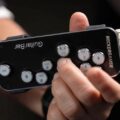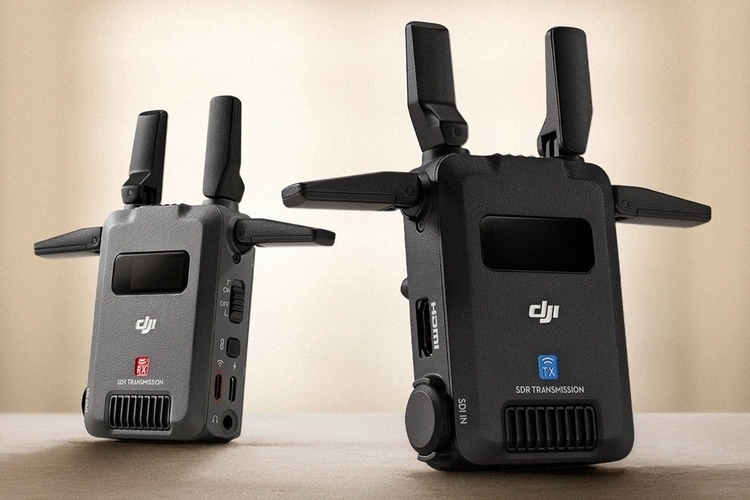
DJI knows a thing or two about long-range video transmission – they’ve implemented that in both their professional and consumer drones for many years now. They’ve also released a couple of video transmission products over the last few years, specifically for video productions. This time, they’re looking to bring their video transmission tech to a bigger audience with the DJI SDR Transmission.
Built around software-defined radio (SDR) technology, the device vows to bring stable video transmission, strong interference resistance, and powerful penetration capabilities in a package that’s suited to smaller film crews. No need for a big production budget to afford wide-area, dynamic filming scenarios, as this thing makes the tech a lot more accessible.
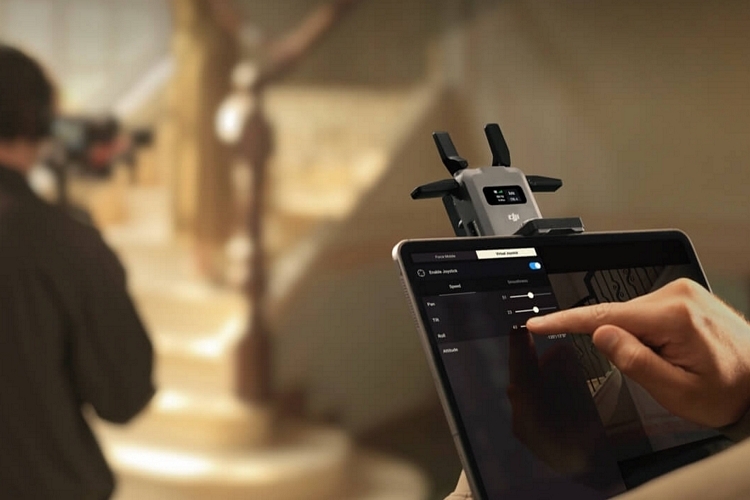
The DJI SDR Transmission uses SDR technology to facilitate stable video transmission, which should offer better range and reliability than Wi-Fi-based systems. How much better? According to the outfit, it increases transmission distance by over 650 percent, improves bitrate by 67 percent, and lowers latency by 30 percent. This translates to a transmission distance of up to 10,000 feet, a bitrate of 20Mbps, and 35ms of latency, making for quite the powerful tool. It’s also able to hop across different frequencies any time it detects an interference, automatically switching between 2.4GHz, 5.8GHz, and DFS bands as needed in seamless fashion.
The system supports 1080p 60fps live feeds at a 20Mbps bitrate, ensuring smooth monitoring of everything you capture at long distances, complete with metadata transmission if you’re using popular cinema cameras like ARRI and Red, so you also get detailed shooting information in real time. It enables group collaboration on set by transmitting three SDR signals and two Wi-Fi signals simultaneously, allowing multiple devices to receive the same feed. Need even more devices to get the transmission? You can opt for the broadcast mode, which supposedly allows it to connect to unlimited receivers. It also offers SDI, HDMI, and USB-C ports for wired connections.
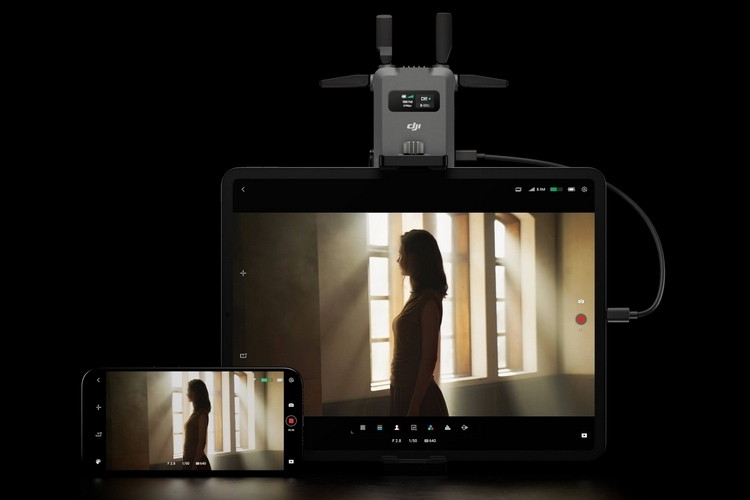
The DJI SDR Transmission can also offer remote controls for both cameras and the outfit’s RS Series Stabilizers. With cameras, it allows PTP control, which lets you adjust the shutter, aperture, and ISO, as well as trigger photo and video capture. If you use it with Sony cameras, it also gains access to CEC control, which gives you all the camera controls on a remote screen. For stabilizers, it can perform virtual joystick control, gimbal recentering, and the outfit’s Force Mobile function that lets you operate the gimbal using a smartphone’s motion controls, among others. Basically, this can do quite a bit more than just transmit video.
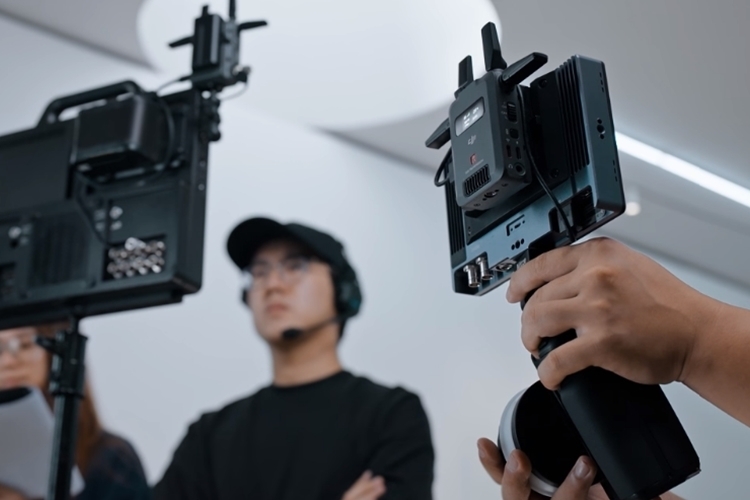
The device itself consists of a box with four integrated antennas and a small display strip out front, with all antennas able to be folded for more compact transport. It weighs just 5.1 ounces, with both transmitter and receiver taking on the same size and form factor. Other features include the ability to use without a receiver (if you connect over Wi-Fi), one-on-one real-time voice communication between receiver and transmitter, and USB-C power input (when used with the outfit’s stabilizers, you can power it via passthrough).
The DJI SDR Transmission is available now, priced at $549 for a transmitter and receiver combo, with each one also available individually for $309.

